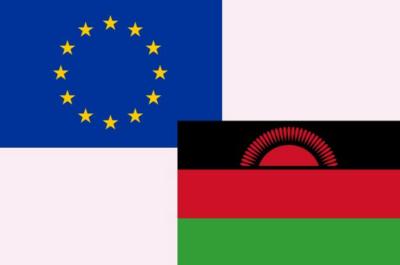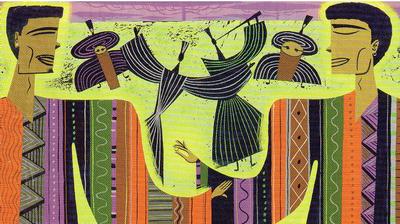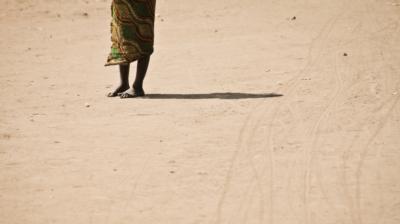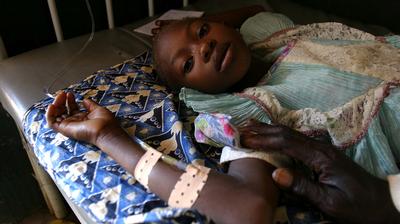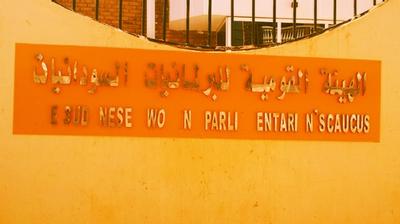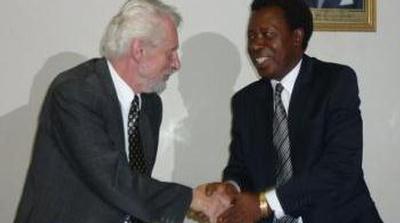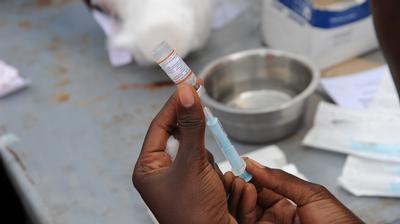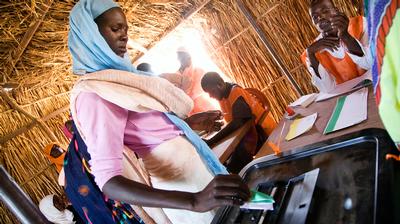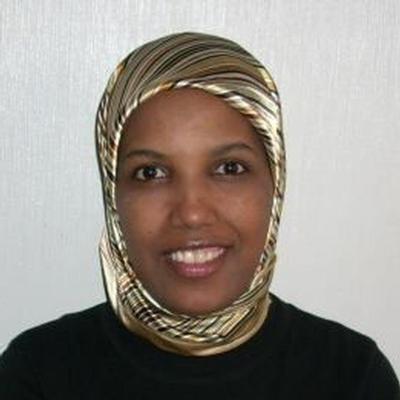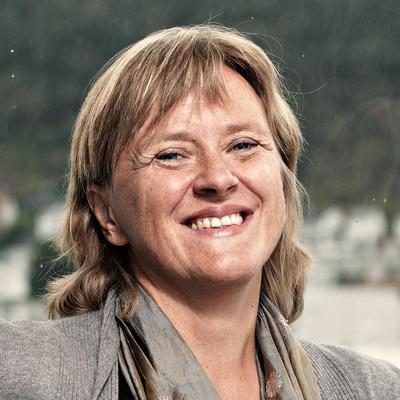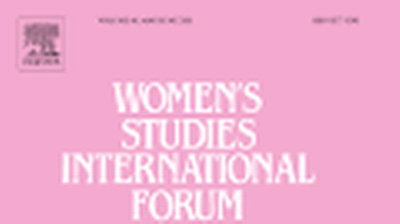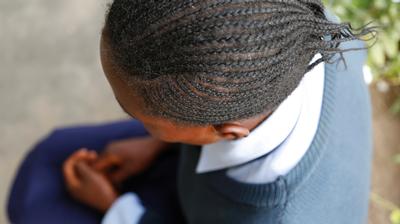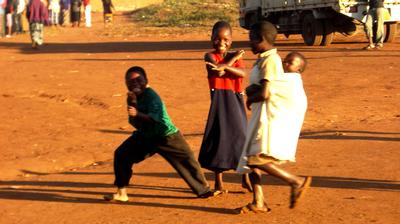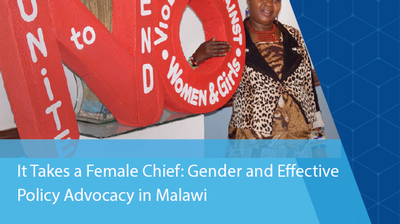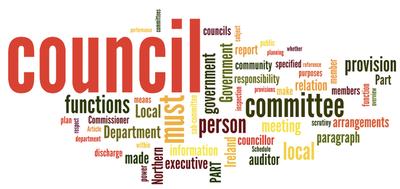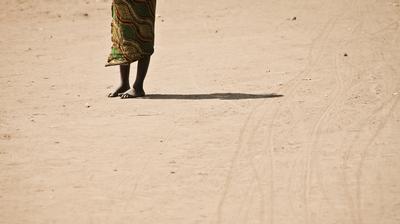Photo: Geof Wilson/flickr.com
Malawi
Current projects
Completed projects

Aug 2017 - Dec 2021
Breaking BAD: Understanding the Backlash Against Democracy in Africa

Jan 2017 - Dec 2019
Money Talks: Electoral Financing of Women

Oct 2016 - Apr 2017
Analysis of the Political Economy of Malawi

Jan 2014 - Apr 2017
The Political Economy of Governance in Malawi
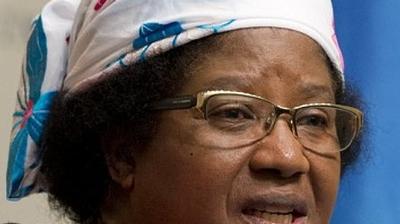
Jan 2014 - Dec 2016
Democratisation, Political Participation, and Gender in Malawi

Jan 2013 - Dec 2016
CICERO/UD: Climate Services for Adaptation in Africa
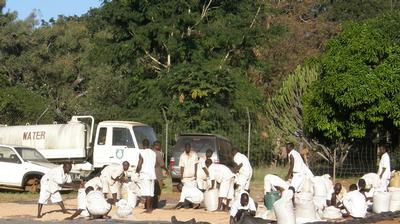
Oct 2014 - Nov 2014
Evaluation of project on prison conditions in Malawi

May 2012 - Jun 2012
Review of donor support for anti-corruption initiatives in Malawi
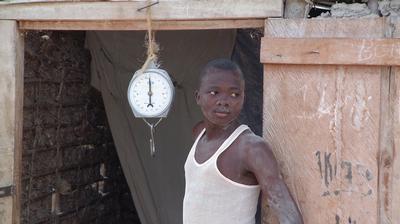
Nov 2010 - Dec 2011
Peoples' views of taxation in Africa
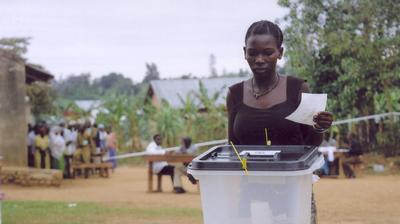
Nov 2009 - Dec 2011
Elections and Democracy in Africa
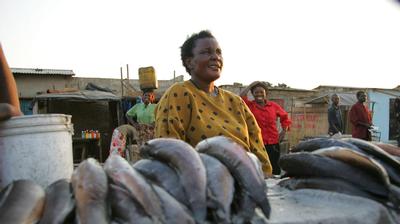
Apr 2008 - Dec 2009
Entrepreneurship and human capital

Sep 2008 - Apr 2009
Evaluation of Norwegian Support to Protection of Cultural Heritage

Oct 2008 - Dec 2008
Mid-term review of Bunda College of Agriculture, Malawi

Jul 2003 - Dec 2008
Accountability functions of courts

Aug 2003 - Jul 2006
The institutional context of the 2004 general elections in Malawi

Jul 2005 - Dec 2005
Review of DIHR partnership programmes

Nov 2003 - Dec 2005
Bridging Research and Policy

Feb 2005 - May 2005
Evaluation of Norwegian Support to Bunda College of Agriculture, Malawi

Jan 2003 - Dec 2004
Political Institutions in Africa. The Quest for Democratic Accountability

Jan 2004 - Dec 2004
The role of supreme audit institutions in Malawi, Tanzania and Uganda

Jan 2002 - Dec 2004
KNOWFISH

Feb 2004 - Jul 2004
The Political Economy of the Budget in Malawi

Jan 2003 - Dec 2003
Assessment of multilateral organisations performance

Oct 2002 - Dec 2003
The participatory aspects of poverty reduction strategies in Malawi and Zambia

Jan 1996 - Dec 1996
